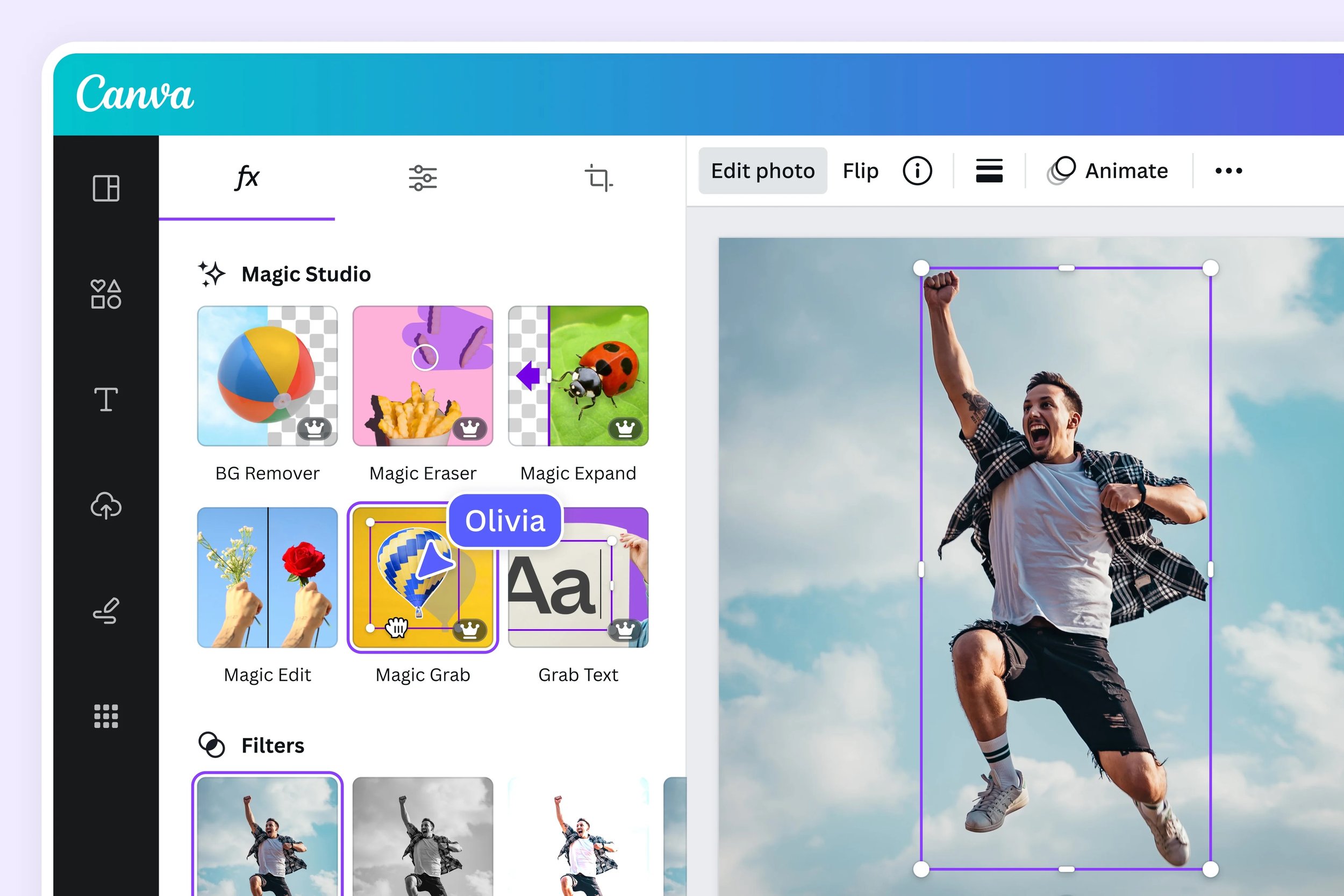Trialling New Tools in a Marketing Agency: Striking the Balance Between Innovation and Efficiency
In the fast-paced world of marketing, staying ahead often means embracing the newest tools and technologies. Agencies like ARROW VANE committed to delivering top-tier results for clients, understand that experimenting with new tools can be a game-changer. However, integrating these tools into existing workflows requires a thoughtful and strategic approach to ensure they enhance rather than disrupt the agency’s operations.
One of the first steps in trialling new tools is identifying why a tool is needed in the first place. For example, an agency experiencing communication bottlenecks might explore solutions like Google Workspace for seamless collaboration. Tools like Google Docs and Sheets offer real-time editing, enabling teams to work together effortlessly, even across different time zones. Similarly, for agencies struggling with creative workflows, tools like Canva can simplify graphic design, empowering even non-designers to produce high-quality visuals and roll-out of multiple asset variations.
Selecting the right tool often involves thorough research. Beyond flashy features, it’s essential to assess compatibility with the agency's existing systems. Imagine an agency considering HubSpot for its CRM and marketing automation capabilities. While HubSpot can centralise customer data and automate marketing tasks, it needs to align with how the team currently manages campaigns and tracks client interactions.
Similarly, introducing Asana for project management requires an understanding of whether its task tracking and role assignment features fit seamlessly with both the team's workflow and that of its clients.
Once a potential tool is identified, the next step is pilot testing. A trial phase allows the team to experience the tool’s capabilities firsthand without a full-scale commitment. Take, for instance, an agency experimenting with AI-powered tools for content creation. Tools like ChatGPT or Jasper AI can significantly reduce the time spent drafting blog posts or brainstorming social media captions. However, the trial phase is critical for evaluating whether the tool maintains the tone and quality the agency’s clients expect.
Feedback during the pilot phase is invaluable. Team members using the tool are often the first to identify practical advantages and unforeseen challenges. For example, designers testing Canva might appreciate its user-friendly interface but notice limitations in advanced editing compared to Adobe Creative Suite. Similarly, marketers piloting HubSpot might find its automation invaluable but flag issues with its steep learning curve.
Training is another essential part of successful integration. No matter how intuitive a tool seems, ensuring the team is confident in its use can make all the difference. A platform like Asana, for instance, may require initial workshops to help teams fully understand how to use features like task dependencies or workload management effectively. Similarly, adopting Google Workspace might mean scheduling training sessions to familiarise the team with advanced collaboration features like shared drives access structures, action assignments and comments.
The decision to fully implement a tool comes down to whether it delivers measurable value. Does it streamline processes? Improve efficiency? Enhance client results? For instance, after trialling Canva, an agency might find that its speed and simplicity outweigh the need for complex design tools for certain projects. Or, after testing Asana against existing proprietary processes built over years of the agencies' life, the short-term pain of implementation was minimal compared to the expected efficiency and effectiveness created for the team's project manager and client stakeholders.
Integrating a tool successfully requires ongoing monitoring and adaptation. Even after full implementation, it’s essential to revisit its performance periodically. Are deadlines consistently being met faster with Asana? Is HubSpot providing clearer insights into campaign performance? Is Google Workspace enhancing collaboration, or has it introduced new challenges?
Trialling new tools isn’t just about keeping up with industry trends—it’s about fostering a culture of innovation within the agency. By strategically introducing tools like HubSpot, Canva, Asana, or the ubiquitous array of 'new' AI, agencies can not only improve their own workflows and outputs but also elevate the results they deliver to clients. However, as ARROW VANE’s approach and experiences highlight, success lies in finding the balance between innovation and practicality, ensuring every new addition truly serves the team and its goals.
What new tools are you planning to test and trial in 2025?
Team Contributor: David Gough
Get in touch: david.gough@arrowvane.com | LinkedIn


